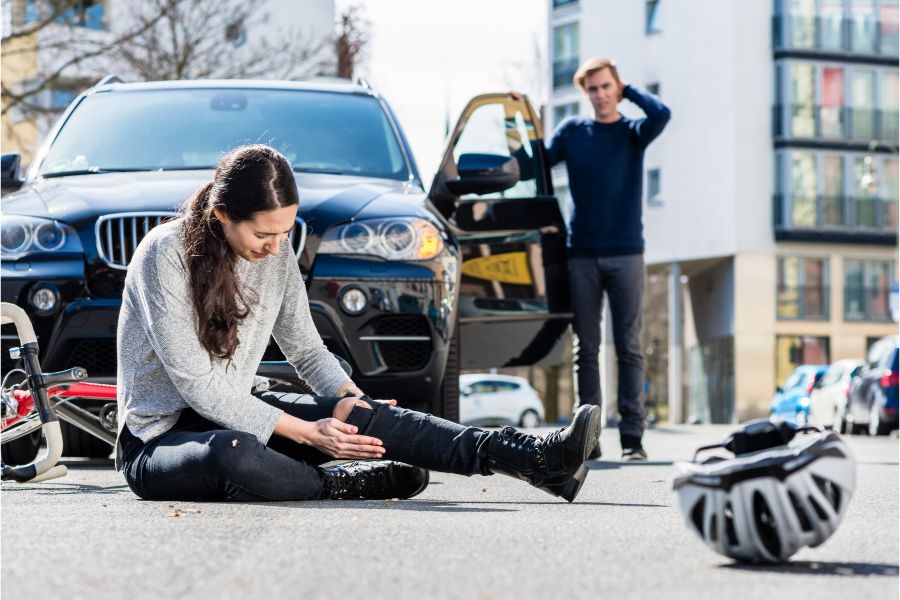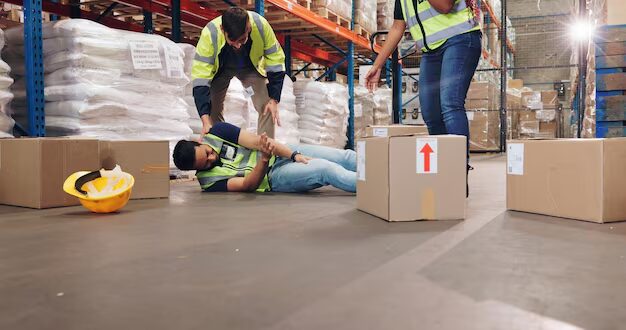
- Diagnostic codes for the assessed injuries;
- CPT Codes for the treatment modalities administered to the injured patient;
- Mechanism of injury (how did the particular incident “cause” the resulting injuries);
- Causation/allocation/apportionment (to what degrees are the “symptoms” caused by the subject incident, as opposed to the degree that pre-existing conditions have been “aggravated” by the particular incident, etc.;
- Discussing recommended current and/or future restrictions because of the injuries;
- Discussing if the patient will “more probably than not” require any additional care in the future.
1) Governmental Health Plans such as Medicare, Medicaid, and AHCCCS
These pay the provider a fraction of a provider’s billed charges. The provider must accept such payments in full and cannot balance bill an injury settlement. The injured patient owes nothing to the provider unless their particular plan allows for co-pays and deductibles. The health plan is entitled to reimbursement from any injury settlement, but the plan will often be reduced by your “cost of recovery” (your percentage of attorney fees). It can be hard to get treatment for accident injuries through such health plans, but if you can, the potential financial windfall to you can be huge since they pay a fraction of billed charges and will reduce, while the providers cannot balance bills.
2) Self-Funded ERISA Health Plans
These plans are offered through employers. Instead of buying health insurance with your premiums, they pool the premium monies collected and retain a third-party administrator to pay employees’ medical claims from that pool of money. These providers are also entitled to reimbursement and are often not obligated to reduce what they are owed (whether they must, or even may reduce, is dependent on the specific plan language). Since providers may also balance bills, it may be better to treat on a lien.
3) Private Health Plans
These plans may be offered through your employer, but individual health plans you may procure yourself are also private health plans. Such plans are NOT entitled to be reimbursed from any injury settlement, so treating through such a plan could increase your net in-pocket recovery upon settlement.
In reality, every case is fact-specific and different, so we encourage you to consult with an attorney to discuss your options and rights after any accidental injury.
Our Lebovitz Law Group attorneys have several years of experience in handling car crash cases and a long list of successful cases in their portfolios. With us, you don’t have to pay us unless we win the case. So, call us today for a FREE consultation.
Sort by Category
Related Posts

Slip and Fall at Walmart, Target, or Costco: Your Legal Rights in Phoenix
If you've been injured in a slip and fall at a big box store in Phoenix, you're facing a unique legal situation. Major retailers like Walmart, Target, and Costco operate differently than small businesses, and understanding these differences is crucial to protecting...
Why Insurance Companies Deny Car Accident Claims in Arizona
You did everything right after your car accident. You called the police, exchanged information, sought medical treatment, and filed your insurance claim promptly. Then came the letter: "We regret to inform you that your claim has been denied." If you're wondering why...

Arizona Lane Splitting Laws: What Happens If You Are Hit While Filtering?
Lane splitting, often referred to as lane filtering, happens when a motorcyclist rides between lanes of traffic. Many riders in Phoenix attempt it during rush hour when vehicles barely move on busy roads like the I 10, Loop 202, or major intersections in...

Arizona’s Comparative Fault Rule: Can I Still Win If I’m Partly at Fault?
Arizona follows a pure comparative negligence system, meaning you are still allowed to recover compensation even when part of the fault is assigned to you. This gives injured people room to pursue claims through our personal injury claim services or by using our...

Do Phoenix Bike Lanes Actually Protect Cyclists Legally?
Phoenix continues expanding its bicycle infrastructure with painted lanes, protected lanes, shared pathways, and neighborhood greenways. Cyclists frequently ask whether these lanes offer real legal protection during accidents. The belief that staying inside a bike...

Attacked by a Dog at Someone’s Home: Can I Sue the Homeowner in Arizona?
Arizona law gives strong protection to anyone who is bitten or attacked by a dog while visiting someone’s home. Most victims hesitate because the incident happened at a friend’s place, and they worry the situation will damage the relationship. The truth is, Arizona...
